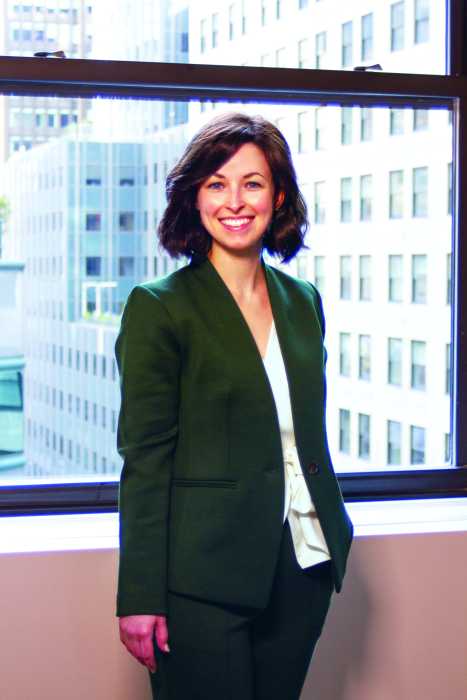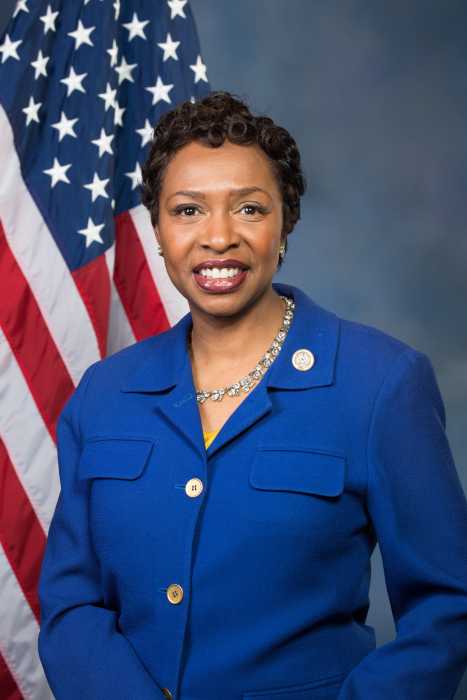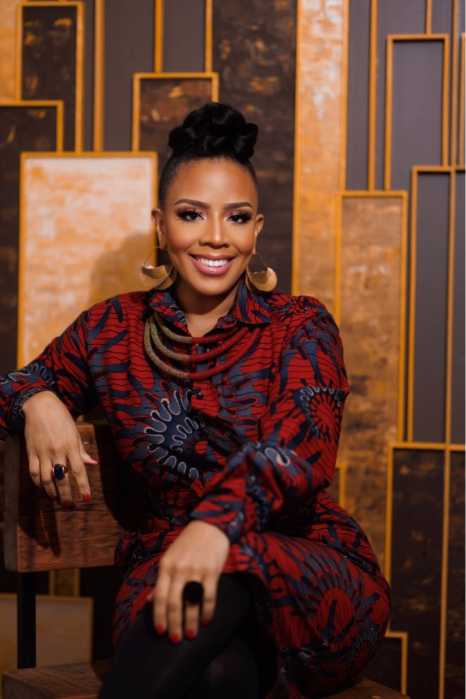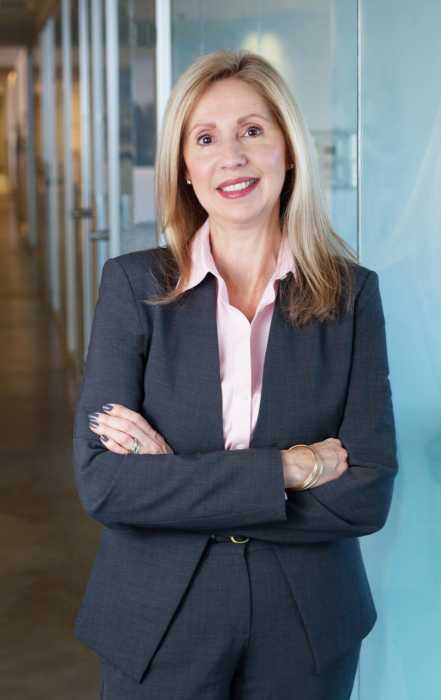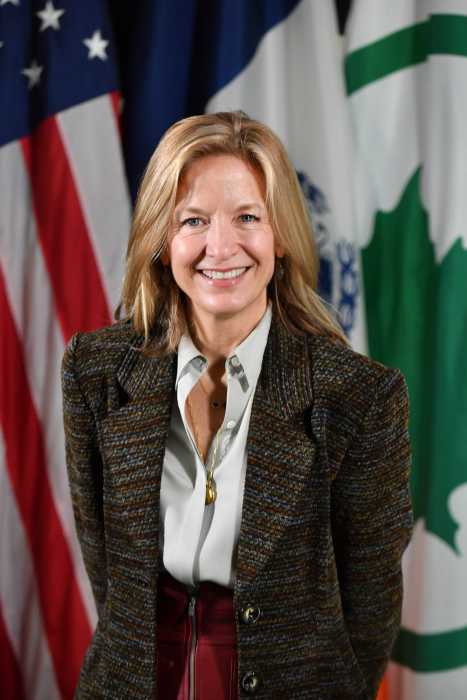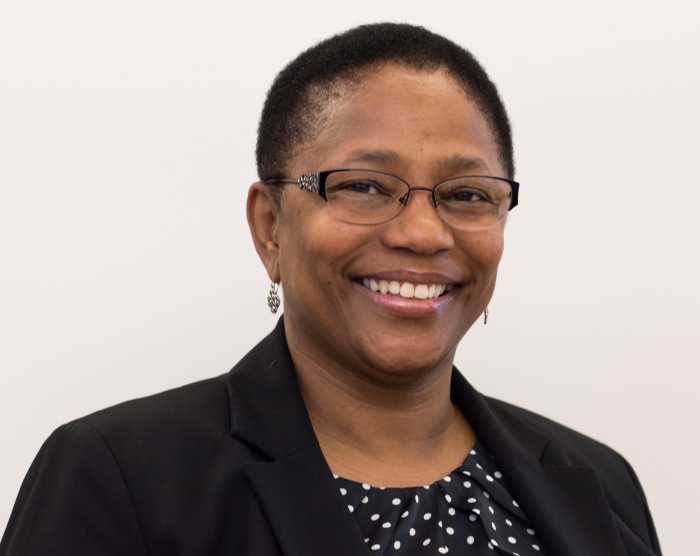Jacqueline M. Ebanks is the executive director at the New York City Commission on Gender Equity, where she leads the city’s efforts to eliminate institutional barriers to gender equity for all New Yorkers. Jacqueline held executive leadership positions at Women’s City Club of New York; the New York Women’s Foundation; Citigroup; and United Way of New York City. She holds a M.S. in Policy Analysis and Public Management from SUNY Stony Brook.
What steps still need to be taken to increase gender parity?
At CGE, we leverage these four actions to increase gender parity. These are applicable at all levels of government.
– Policy, legislation, and advocacy to create policy changes resulting in equitable laws.
– Inter-agency and cross-sector collaboration, bringing domestic and international stakeholders to solicit input, identify solutions, and explore partnerships to remove barriers to gender parity.
– Research, analysis, and publications to better grasp the challenges and opportunities facing the city.
– Public education and engagement to inform New Yorkers and garner input from local communities, through various channels, on ways to eliminate gender barriers, improving their lives.
What can New York policymakers do to support the interests of women across the state?
To support women’s interests across the state, policymakers need to recognize that “every issue is a women’s issue.” Building an equitable and inclusive New York requires policymakers to:
– Develop and implement processes that ensure diverse women’s voices are included in every discourse on every aspect of economic and social growth, and development in the state.
– Have the political will and fortitude to follow through on the recommendations made by these diverse voices.
If you could have dinner with any three women from history, who would they be and why?
I would have dinner with the artist-activist Audre Lorde; the activist-politician Congresswoman Shirley Chisholm; and the politician-jurist Honorable Constance Baker Motley. All three broke barriers for Black women throughout the 60s and 70s. If such a dinner could happen, I would savor the opportunity to discuss how they pressed forward during periods of great upheaval and to hear their guidance on today’s fight for equity and justice.
What advice or wisdom would you share with a younger version of yourself?
The adage “the more things change the more they remain the same” is true. You will be astounded by humanity’s capacity for evil and simultaneously in awe of humanity’s capacity for good. No matter what the circumstance — the struggle for equity and justice NEVER ends. Stay the course, be patient yet persistent, take time for self-care, and forge lasting collaborations to stand against injustice and oppression.


